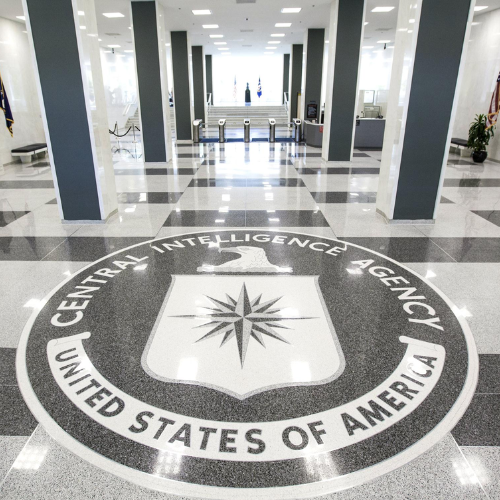The Central Intelligence Agency (CIA), America’s top spy organization, is undergoing a dramatic transformation as part of President Trump’s efforts to reshape the federal government. This bold move has sparked attention and stirred up controversy, as the agency makes changes to align with Trump’s priorities. From offering buyouts to employees to shifting its focus to new adversaries, the changes signal a fresh direction for the CIA.
A Buyout Offer for CIA Employees
In an unprecedented decision, the CIA recently extended buyout-style offers to its entire workforce. This means employees who want to leave the agency can quit and receive about eight months of pay and benefits. Officials say this offer is part of Trump’s broader plan to reduce the size of the federal government and redirect resources toward his administration’s goals, such as tackling drug cartels and increasing pressure on certain countries.
The buyout plan is also meant to encourage employees who disagree with Trump’s vision for the CIA to step aside. The director of the CIA has made it clear that those who are not on board with the agency’s new direction should consider leaving. For job seekers who have already received conditional offers to work, the hiring process is now frozen. Some of these offers may even be canceled if applicants are not deemed a good fit for the agency’s evolving priorities.
Alarming DOJ Request: Thousands of FBI Employees Under Scrutiny for Jan. 6 Work
Despite these incentives, the response from CIA employees and other federal workers to similar offers has reportedly been low. Many people are hesitant because they’re unsure whether they can return to government jobs in the future or take other employment during the payout period. Critics have raised concerns about the legality of the offer, with some pointing out that it might be a risky move for employees who value job security.
A New Mission: Spying with a Purpose
Under this makeover, the CIA is shifting its focus to align with Trump’s key priorities. The agency will now put a stronger emphasis on spying operations targeting drug cartels, especially in Mexico. Trump has made it clear that he sees these cartels as a major threat and even labeled them as terrorist organizations on his first day in office.
But the changes don’t stop there. The CIA will also play a significant role in advancing Trump’s trade war and efforts to undermine China. For instance, the agency may use its intelligence-gathering abilities to spy on Mexico’s government, giving Trump an edge in trade negotiations. These efforts reflect a new approach, focusing on countries that are not traditionally considered U.S. adversaries.
Historically, the CIA concentrated on major global threats, like its Cold War rivalry with the Soviet Union. After 9/11, it became more involved in counterterrorism, using drones and paramilitary forces to target terrorists. In recent years, the agency turned its attention to China, which many U.S. officials view as the country’s biggest long-term rival. Now, with Trump’s new vision, the CIA will shift again, taking on unconventional targets in the Western Hemisphere while doubling down on its efforts to confront China.
Trump’s Tough Economic Stance on Allies and Rivals Sparks Tensions
A Divisive Strategy: Pushing Boundaries
Trump’s CIA overhaul reflects his broader approach to governance: taking bold, sometimes divisive steps to achieve his goals. The administration has emphasized that the buyout offer and other changes are designed to create a more focused and aggressive spy agency. The director of the agency has promised to launch hard-hitting covert operations and espionage activities, appealing to officers who are ready to tackle these challenges.
However, not everyone within the intelligence community or government agrees with these changes. Some officers have expressed unease about the direction the agency is heading. Others, especially those who miss the relative freedom they had under Trump’s leadership in his first term, see this as an opportunity to do impactful work.
For now, the focus is clear: Trump’s CIA will zero in on targets that serve his administration’s agenda, even if it means taking risks or stepping outside the traditional role of the agency. With its attention on drug cartels, trade wars, and spying on new adversaries, it is entering uncharted territory, leaving behind the familiar confines of past missions.
The impact of these changes on the agency, its workforce, and its role in global affairs remains to be seen. What’s certain is that the CIA, under Trump’s direction, is charting a bold and controversial new course.


